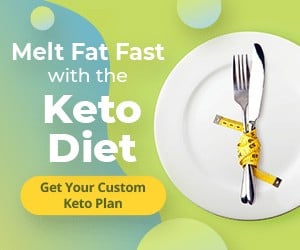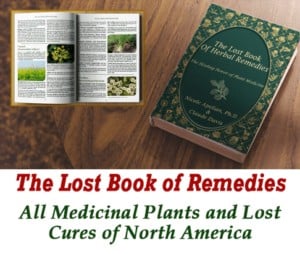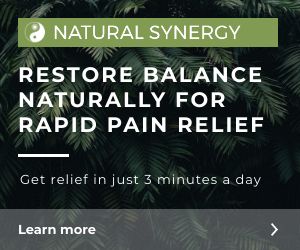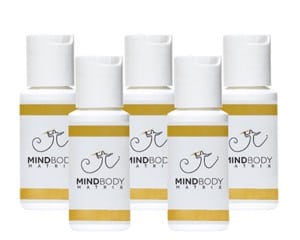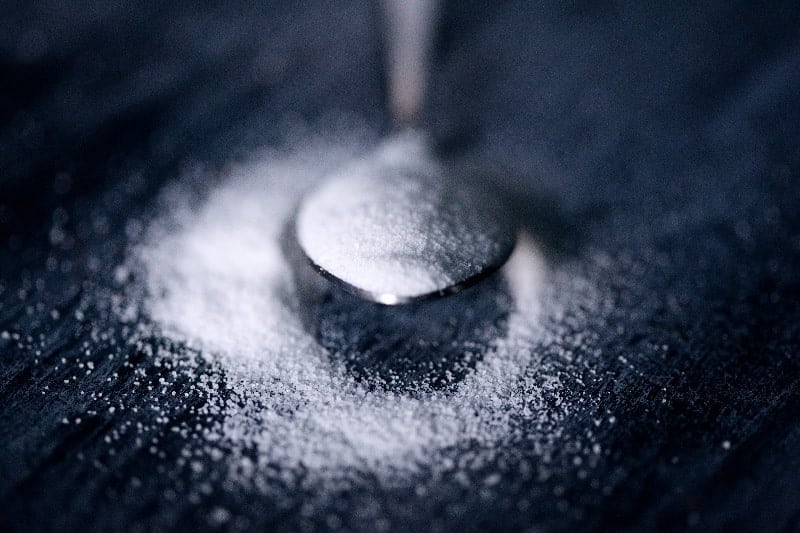
Sugar is a word that covers a multitude of sinful sweetness!
Seriously, when we talk about sugar, we are talking about a range of chemicals, some manufactured, and some occurring naturally in the foods that we eat.
Many foods have sugar added to them, and sometimes we add our own sugar to foods, for example, in tea and coffee.
We are all aware that excessive use of sugar is a problem area in our western diets. It leads to obesity, tooth decay, high blood pressure, diabetes, heart disease, acne, cancer, and much more.
We do need a small amount of sugar in our diets, but the emphasis is on small – and we should find our sugar from natural sources, not from the hidden sugar in manufactured products, or from refined white sugar.
Imagine the life of our ancestors, the hunter-gatherers. Where would they have obtained sugar? From fruits, vegetables, and from the occasional lucky find of honey.
Sugar would not have been easily available, the way it is in our modern society.
And our bodies haven’t evolved anything like as fast as society has, no we aren’t built to eat masses of sugar.
Sugar is readily available, and because our bodies can become addicted to sugar, most of us have a tendency to eat too much of it.
Why is that? Well, sugar gives us an immediate little boost – a sugar high. That’s why when we break up with our boyfriend or girlfriend we might eat a fridge full of Hagen Das!
Natural Sugar vs Added Sugar: What Is Natural Sugar and What Is Refined Sugar?
Natural sugar is, put simply, the sugar that naturally occurs in fruit, vegetables, and natural products like raw honey and maple syrup.
Refined sugar that we add to our tea or coffee comes from sugar beet or sugar cane and is processed into the familiar granules.
The paler in color the sugar, the more it has been refined, from darkest brown (and delicious) panela to purest white confectioners’ sugar.
Added Sugar, in turn, would be any sugar added to the food during food processing or preparation.
What Do You Need Sugar For?
Sugar is a source of energy and is readily accessible to the body. Not for nothing do most children instinctively like sweet things.
They are (we hope) running around using up lots of energy, and that energy can come from sugar.
Sugar allows you to store up energy that can be used later.
This is actually a survival mechanism, enabling us to go for extended periods without eating, as we have energy banks on which we can draw (Compare that to grazing animals like cows, which have to eat almost all the time).
Sugar gives us a feel-good rush of dopamine to the brain.
OK, that may not be a great reason to eat anything, but let’s face it, sometimes we do need a little natural pick me up, and some natural sugar is relatively harmless compared to other substances that we might turn to!
Natural sources of sugar, for example, raw honey, molasses, the sugar in fruits and vegetables, come with the added benefit of useful nutrients and trace elements.
Is There Good and Bad Sugar?
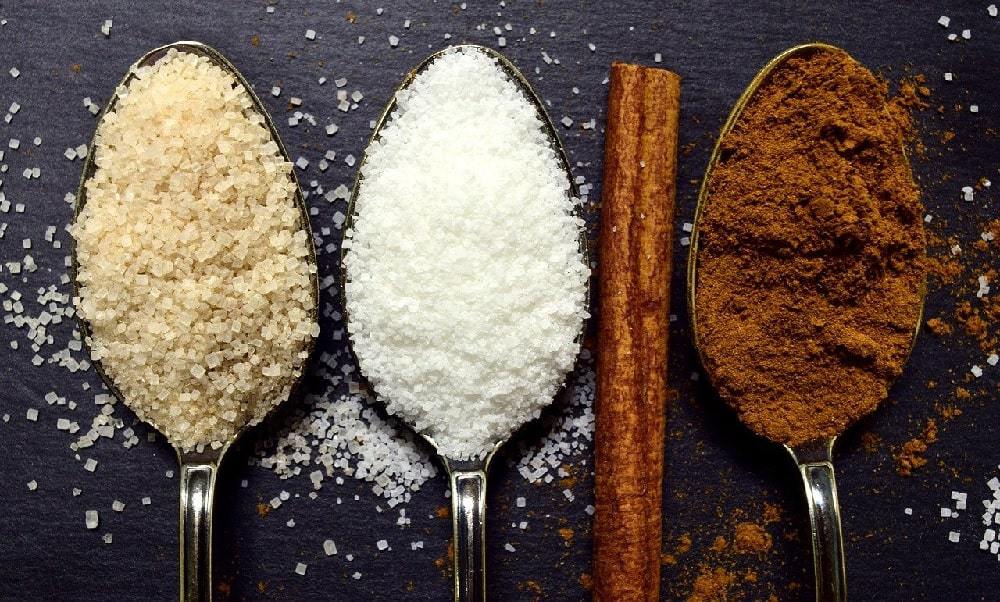
So when we peer at the small print on those food labels, should we just look for “sugar”? No indeed! Sugar sneaks in in a multitude of disguises.
There are at least FIFTY different names for sugar that manufacturers use to hide the fact that they are adding a cheap, probably unnecessary, potentially unhealthy extra into what you thought was a reasonably decent food product.
Here are just some of them (and some of them sound so innocent….):
- Dextrose
- Maltose
- Glucose
- Fructose
- Sucrose
- Sucralose
- Lactose
- Galactose
- Beet sugar
- Brown sugar
- Corn syrup solids
- High fructose corn syrup
- Diastatic malt
- Florida crystals
- Agave nectar
- Caramel
- Maltodextrin
- Treacle
- Refiners syrup
- Acesulfame K
- Aspartame
- Saccharin
Do you really want to put that stuff in your body? How much better it is for us to be in control of the type and amount of sugar that we eat!
A little spoon of raw honey on a bowl of natural yogurt and fresh blueberries is a healthier treat than a fruit yoghurt with added sugar or artificial sweetener, that is typically available in most food supermarkets.
What Kinds of Foods Contain Added Sugar?
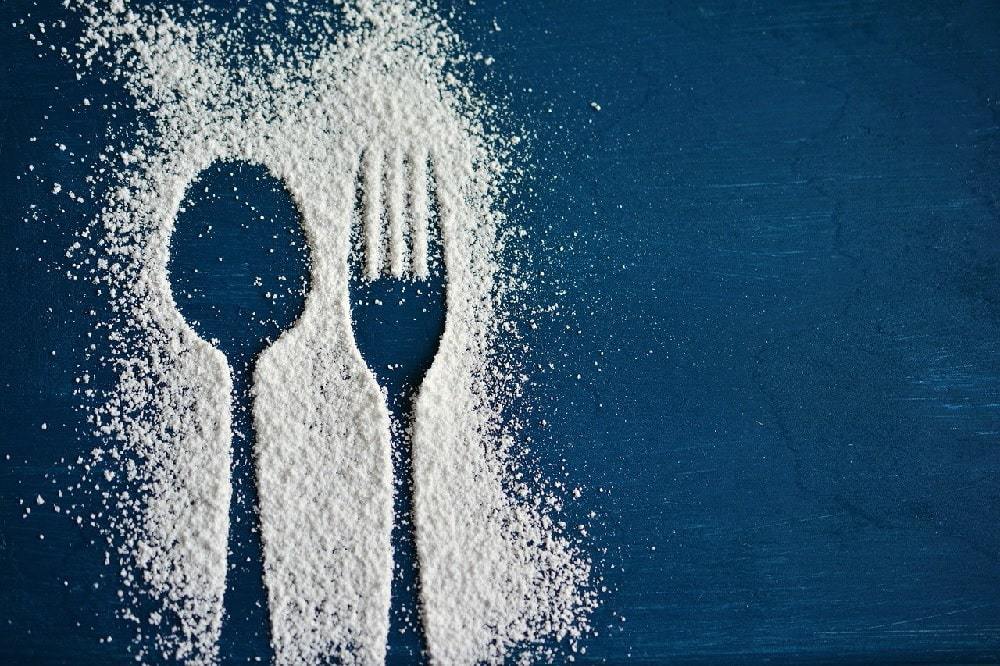
The answer is, just about ALL manufactured foods. Even foods that we think of as savory have sugar in them.
For example, chips, tomato ketchup, pickles, processed cheese, peanut butter, salad dressing, canned vegetables, crackers, and many more.
Once you start off on a sugar hunt, you will be horrified to realize just how much hidden sugar you may be eating every day.
How Much Sugar Is the Right Amount?
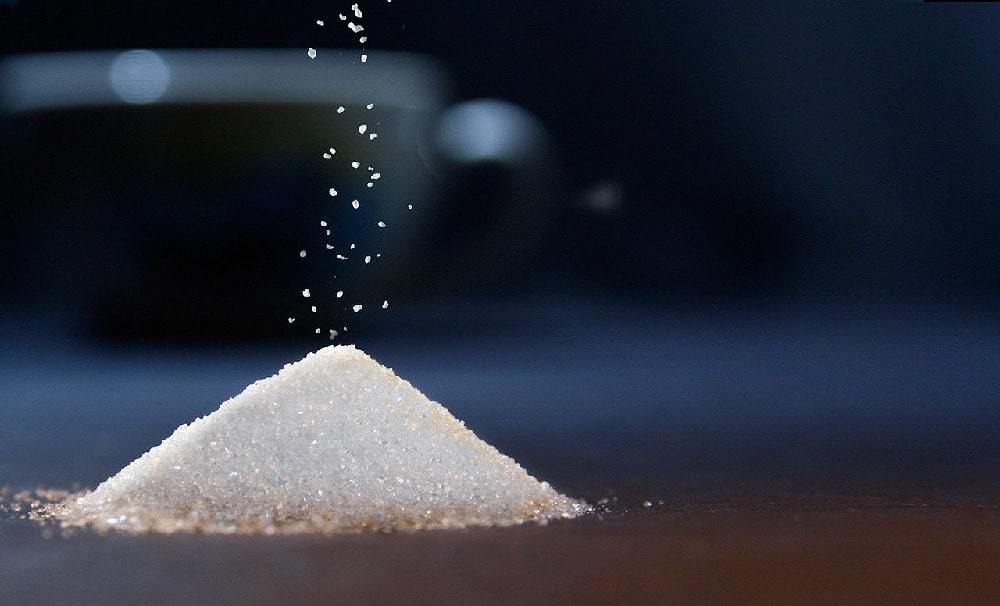
As stated earlier, sugar has a role to play in our body functioning so cutting out all the sugar completely is neither possible nor necessary.
It is just a matter of the type of sugar one should have and the right amount of it.
Sugar in moderation from natural sources is the best strategy to go-for for those who want to live a healthy lifestyle.
But how much is the right amount?
The American Heart Association provides advice for daily recommended sugar intake ‘in teaspoons’ as it seems to be easier for most of us to realize the amounts we take.
As per this recommendation, men should have no more than nine teaspoons of sugar a day, and women, no more than six teaspoons (some authorities suggest even lower amounts).
Most of us eat quite a bit more than this because we forget about those hidden sugars in drinks, sauces, bread, and the like.
Not to mention, most of us take this recommendation literally and only monitors the refined sugar intake (i.e. white table sugar we add to food and drinks ourselves).
Which Are the Best, Healthiest Sources Of Sugar?
I absolutely love Eric’s teaching and knowledge on healthy eating. Want to learn more? Join his FREE Masterclass now!
If you want to ensure that you are getting the right amount of the right kind of sugar in your diet, then the first thing to do is to monitor and limit your sugar intake in the form of added sugar.
Sugar in drinks and on cereals is very much a matter of training your taste buds. Reduce the amount of sugar you add little by little.
You WILL get used to having little or no sugar in your coffee until one day you’ll drink a cup of sweetened beverage by mistake and it will taste awful!
Try to cut out ALL added sugar. Aim for the stars, and if you don’t quite get there, at least you will have reached the moon.
And if you want to know ‘the secret’ – the less sugar you take, the less you crave it. Sugar can be very addictive.
Once you kick this unhealthy habit, you’ll see the difference in energy level, weight, skin condition and overall better well-being.
If you really can’t manage without that little touch of sweetness, then turn to natural sugar or natural sweeteners.
However, a word of caution here. Not all, natural sugars or sweeteners are equal. Some of them still contain a lot of sugar and are very sweet in taste.
Take stevia, for example. It is sweeter than the sugar itself and some stevia products have other artificial sweeteners added to them.
Artificial sweeteners (e.g. Acesulfame K, Aspartame) are a hidden danger altogether. Many of them are very dubious indeed. My advice-stay away!
The goal is to retrain your taste buds so that you don’t want that sweetness – except where it occurs naturally.
Otherwise, you will always crave sugary products, regardless if the sugar is natural (stevia) or refined (beet sugar).
By all means eat whole fruits and vegetables, and plenty of them, as they contain not just healthy natural sugar but also vitamins, minerals, and other nutrients.
Some vegetables like beets and tomatoes (yes, we know tomatoes are fruits, but we all think of them as veggies) contain a lot of sugars, so do fruits.
When you eat fresh fruit and vegetables in their natural form, this is most healthy.
However, be a little cautious when juicing fruit and vegetables that are high in sugar, simply not to exceed the daily recommended sugar intake.
It is easy to juice more fruit and vegetable than what you would eat in their pure form, meaning it’s easier to exceed the daily sugar limit, especially if you also consumed natural sugar in other foods during the day-these all add up!
Fruit drinks, even pure fruit drinks, can have quite a lot of natural sugar, so again, be cautious here.
If you want to add sweetness, then use unrefined (natural) sugar like raw honey and natural syrups (without any additives).
These add not just the sweet taste you want, but a certain amount of nutrition too.
But don’t get carried away. Sugar is sugar, whether in its natural form or processed in some way. For the regular person, when it comes to diet, moderation in all things is the rule of the road.
No one wants you to live a miserable life with no treats. But if we are sensible, we can enjoy a little natural sweetness every day without compromising our health goals.
If you are serious about cutting out all added sugar in your diet and using only healthy and natural sugar substitutes, download the list of my top 5 favorite and lesser-known natural sugar substitutes below.
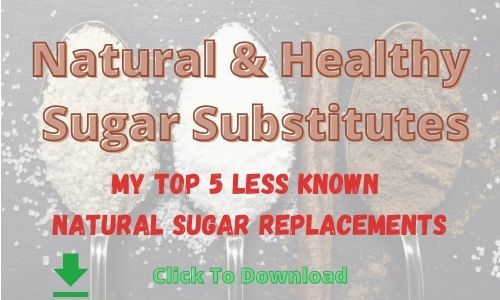
Related Posts:
Diabetes Type 2 Management: Can Diabetes Be Reversed?
7 Clean and Healthy Snacks On the Go (When You Don’t Have Time To Make Your Own!)

